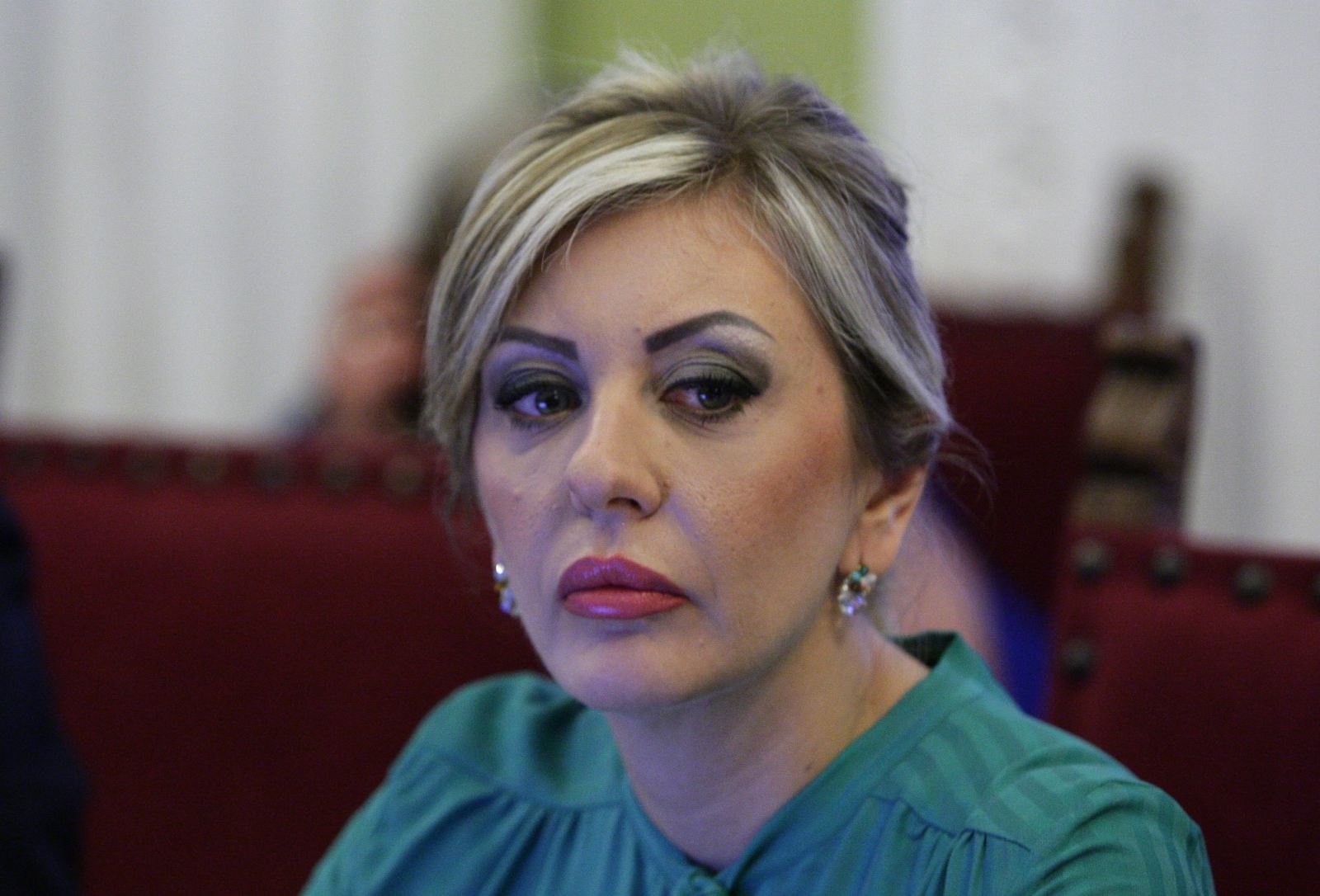
Chapter 35 is not a substitute for the Belgrade–Pristina dialogue, it measures the level of implementation of the Brussels Agreement, said Minister of European Integration Jadranka Joksimović answering SRS member of parliament Aleksandar Šešelj’s question, adding that the existence of the Brussels Agreement is proof that Serbia is not forced to recognise Kosovo but that it serves to reach a comprehensive agreement on normalisation.
“If Serbia were forced to anything, the dialogue and the Brussels Agreement would not exist – because Serbia’s legitimate interests must be acknowledged”, said Joksimović at the session of the European Integration Parliamentary Committee.
She has added that Serbia accepted the EU to be the mediator in the Belgrade–Pristina dialogue, because the EU must be status neutral due to the fact that five of its member states do not recognise Kosovo independence.
“Serbia was not wronged in any way by this mediation, there are some shortcomings, and I am one of the louder critics of the things that have not been done because someone has shown that for them the signed agreement is nothing but a scribble and a piece of paper; but it is not for Belgrade, because we are a serious country which adheres to international agreements and the obligations undertaken by having signed them”, stated Joksimović.
She has added that Serbian President Aleksandar Vučić and the Serbian Government have indicated that the EU should put greater pressure on Pristina, and that they expect it not only regarding taxes, but also regarding the formation of the Community of Serb Municipalities.
Replying to Šešelj’s statement that Serbia is inferior in the relation with the EU, Joksimović has said that that is not the case, but that the Serbian Government and the EU have a partner and open relationship that sometimes has its ups and downs.
She has said that these relations do not only depend on Belgrade and Brussels, but also on all member states, adding that Serbia has excellent bilateral relations with some of them, while it has open issues with some others, which may affect decision-making.
In that sense Joksimović has stated that 13 EU member states have sent a letter supporting acceleration of the Western Balkan countries’ integration.
“The fact is that we have come into the situation to be measured and assessed of our own free will supported by the citizens – that is our free decision and that is something we accept, not as little pupils who are given instructions, but as an interested partner that wants to do something good for themselves and for the citizens”, said Joksimović.
According to her, because the opening of new chapters depends on chapters 23 and 24, Serbia’s process is slow, which she assesses as unnecessary and sometimes counterproductive.
“If opening chapters has become an end to itself, and it should not be so, but it should be an instrument for reforms that are implemented so as to reach the closing of chapters, we truly accept this pace and we always have more prepared chapters than we are opening, which means that the job is done, and things do not always depend on the candidate country alone”, said Joksimović.
She has added that the EU is currently in an introspective phase which does not allow it so see broader and further, and to see the enlargement policy as an element to strengthen itself and the fact that the EU’s greatest advantage is the integrative power it still has both for itself and for others.
Source: Tanjug





